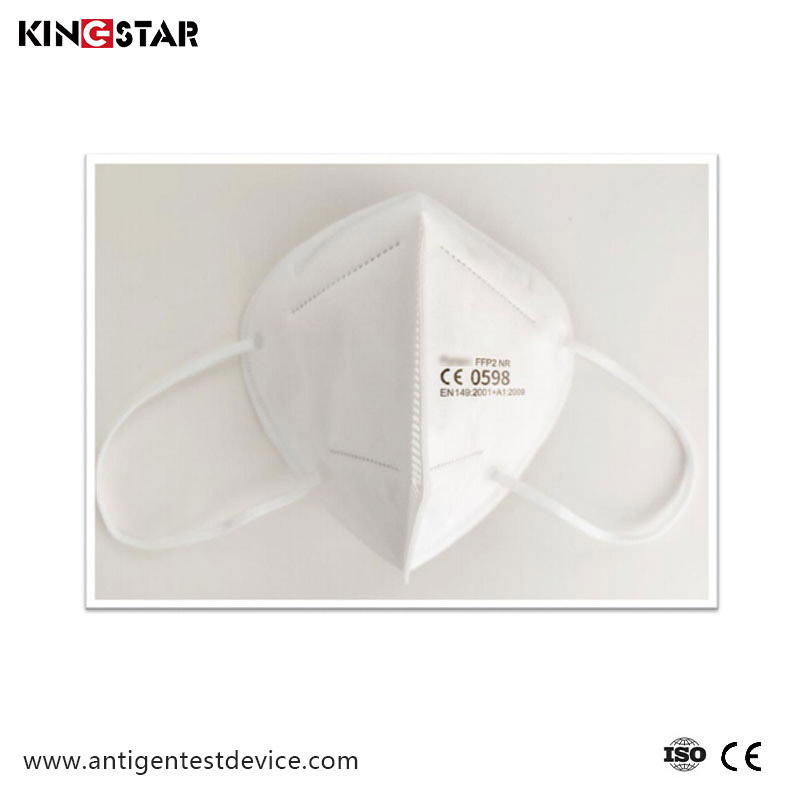The Importance of Face Masks: Protection, Comfort, and More
2025-01-03
In recent years, face masks have become an essential item in our daily lives, particularly due to the global pandemic. However, their role extends beyond just health emergencies, as they provide protection, comfort, and even a style statement. As we navigate through this evolving world, understanding the benefits and proper use of face masks remains crucial for public health, personal safety, and even environmental impact.
The Role of Face Masks in Protecting Public Health
Face masks primarily serve as a barrier against the spread of airborne particles, including viruses, bacteria, and allergens. In situations where social distancing might be challenging, such as crowded public spaces, public transportation, or healthcare settings, wearing a mask can significantly reduce the risk of transmitting or contracting infectious diseases.
The widespread adoption of face masks, particularly in the early days of the COVID-19 pandemic, helped slow the spread of the virus, preventing millions of potential infections. Even though vaccines and other preventative measures have played a key role in combating the pandemic, face masks continue to be a vital tool in areas with high infection rates or during flu season.
Masks act as a shield, covering both the nose and mouth, the primary entry points for airborne diseases. They can also reduce the risk of touching the face, which is one of the main ways viruses and bacteria are transferred from surfaces to individuals.
Different Types of Face Masks for Different Needs
Face masks come in various forms, each designed to serve specific purposes. For everyday use, cloth masks or surgical masks are commonly used, while higher-risk environments may require more advanced options, such as N95 or KN95 respirators. Understanding the different types of masks and their effectiveness can help individuals make informed choices.
- Cloth Masks: These are reusable, washable, and generally comfortable. While they may not filter out particles as effectively as medical-grade masks, they still provide an important layer of protection and are perfect for casual, everyday use.
- Surgical Masks: These disposable masks are more effective at blocking larger particles and droplets compared to cloth masks. They are commonly used in healthcare settings but can also be worn by the general public in situations where a higher level of protection is needed.
- N95 and KN95 Masks: These high-filtration masks are designed to block at least 95% of airborne particles, including small droplets that can carry viruses. They provide the highest level of protection and are often required in healthcare environments or for high-risk individuals.
The right choice of mask depends on your environment, the level of exposure to potential risks, and the length of time you’ll be wearing it. For regular outings and crowded spaces, a cloth mask or surgical mask may suffice, but for high-risk situations, an N95 or KN95 mask provides superior protection.
Comfort and Breathability: Finding the Right Fit
Wearing a mask for extended periods can be uncomfortable, which is why comfort and breathability are important factors to consider when choosing a mask. A mask that fits well without being too tight or too loose can reduce irritation and provide a better overall experience.
Look for masks that have adjustable ear loops or straps to ensure a snug fit, as well as materials that allow for better airflow, such as cotton or specialized breathable fabrics. The addition of nose wires can also help prevent fogging of glasses and provide a more secure fit around the nose area.
For people with sensitive skin or those who need to wear a mask for long hours, hypoallergenic masks or those with soft inner linings can help minimize irritation. Consider also rotating between multiple masks, especially if you need to wear one for an extended period, to avoid discomfort.
Face Masks and Fashion: A New Style Statement
As face masks have become an essential part of our wardrobe, they’ve also evolved into a fashionable accessory. From bold colors and patterns to designer brands, masks now reflect personal style and identity. Many people use face masks as an opportunity to express their individuality or make a fashion statement, matching them to their outfits or even customizing them with logos, slogans, or artwork.
While style is a fun aspect of face masks, it’s important not to sacrifice functionality for fashion. Make sure the mask still provides the necessary protection and fits comfortably, even if it’s designed to stand out.
Environmental Considerations: Disposable vs. Reusable Masks
While masks play an important role in protecting our health, there are environmental concerns related to disposable face masks. The global demand for single-use surgical masks during the pandemic led to an increase in plastic waste, as many of these masks are not biodegradable and contribute to landfill waste.
To minimize the environmental impact, consider opting for reusable cloth masks, which can be washed and worn multiple times. If you do use disposable masks, make sure to dispose of them responsibly by placing them in a trash bin rather than littering, and avoid flushing them down toilets, as they can contribute to clogging drainage systems.
Additionally, some companies have developed eco-friendly masks made from sustainable materials, which are designed to be reusable and biodegradable. Opting for these masks can help reduce waste and promote sustainability.
Conclusion
Face masks are more than just a health necessity—they are tools for protection, comfort, and personal expression. While they are essential in preventing the spread of airborne diseases and promoting public health, they also provide opportunities to make environmentally conscious choices and incorporate style into daily routines.
As we continue to navigate life with face masks, it’s important to choose the right mask for your needs, prioritize comfort and breathability, and be mindful of their environmental impact. With the right approach, face masks can become a seamless part of our everyday lives, offering both protection and the opportunity for personal expression.



